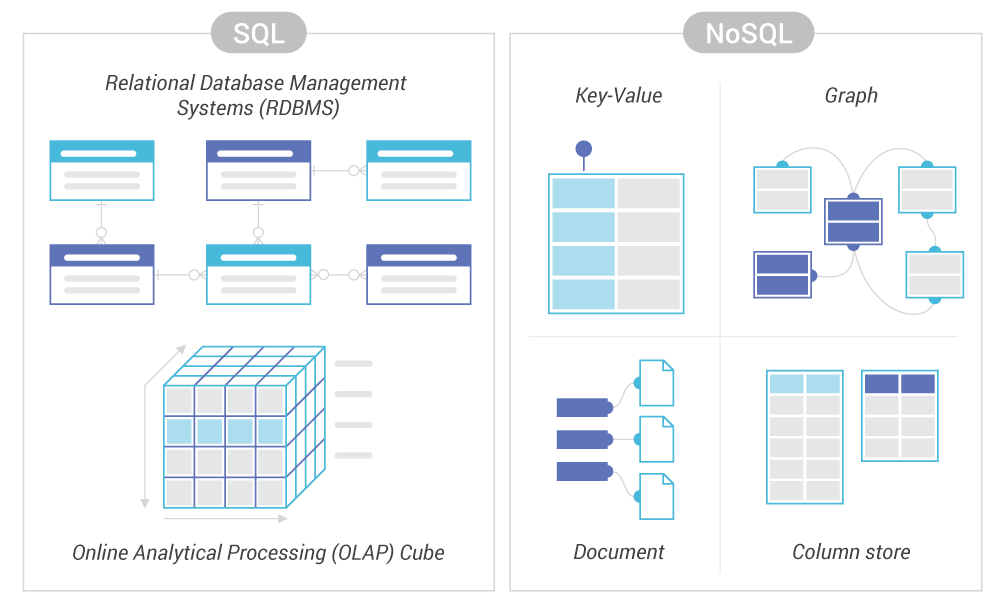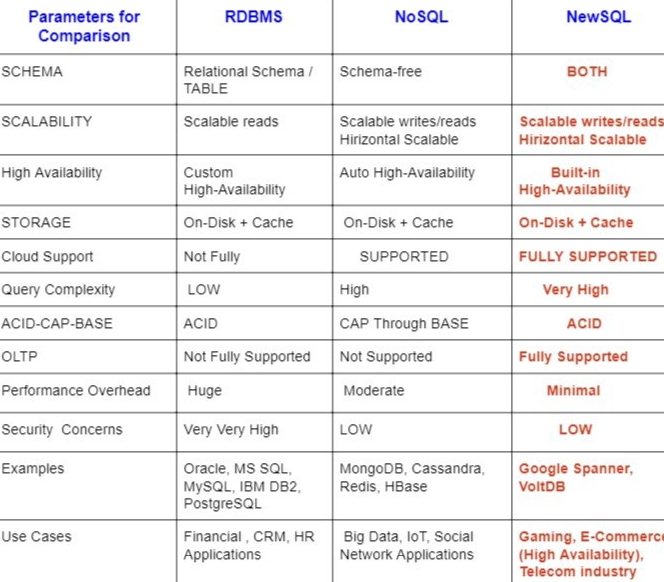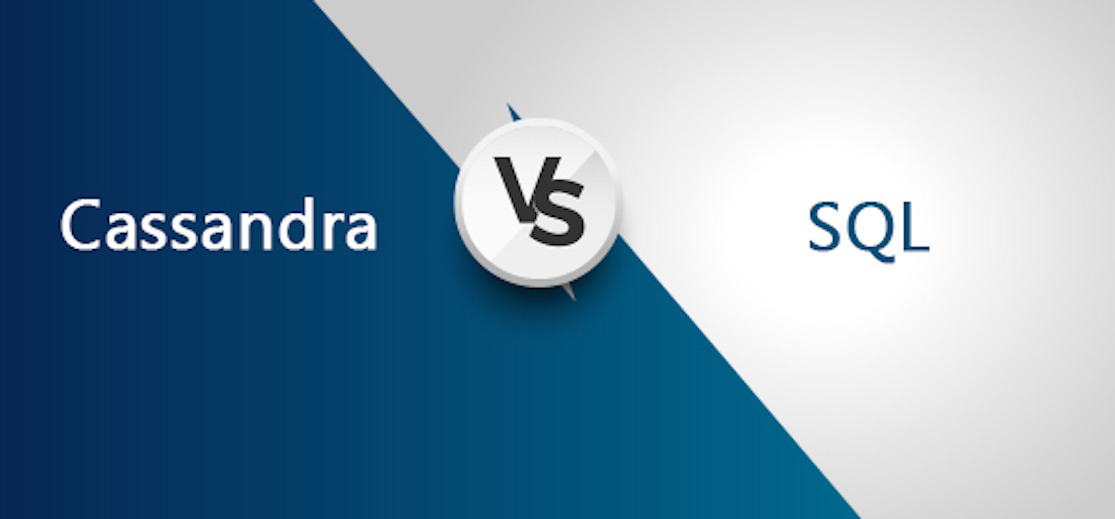CQL (Cassandra Query Language) v/s SQL (Structured Query Language) : What will you choose ?
CQL (Cassandra Query Language) and SQL (Structured Query Language) are both query languages, but they are designed for different database systems and serve different purposes.

CQL (Cassandra Query Language):
• CQL is a query language specifically designed for Apache Cassandra, a highly scalable and distributed NoSQL database.
• Cassandra follows a decentralized architecture and is designed to handle large amounts of data across multiple nodes, providing high availability and fault tolerance.
• CQL uses a columnar data model, where data is organized into column families (similar to tables in SQL) and rows within column families.
• CQL supports basic CRUD operations (Create, Read, Update, Delete) for data manipulation.
• It provides a subset of SQL-like syntax for querying data, including filtering data with the WHERE clause, ordering data with the ORDER BY clause, and performing basic joins.
• However, CQL does not support complex joins or aggregate functions like SQL due to the distributed nature of Cassandra.
• Cassandra does not enforce strict schemas, allowing flexible and dynamic data structures within a column family.
• CQL also offers features specific to Cassandra, such as support for time-based data with built-in time windows and data expiration policies.
• Other NoSQL databases, such as MongoDB and Couchbase, have their own query languages specific to their data models.

SQL (Structured Query Language):
• SQL is a standardized language used for managing relational databases.
• It is based on a table-based data model, where data is organized into tables with rows and columns.
• SQL supports a wide range of operations, including data retrieval, data manipulation (insert, update, delete), creating and modifying database schemas (tables, views, indexes), and defining relationships between tables using foreign keys.
• It provides powerful querying capabilities, such as filtering data with the WHERE clause, sorting data with the ORDER BY clause, aggregating data with functions like SUM, COUNT, AVG, joining tables using various types of joins, and more.
• SQL databases enforce data consistency and integrity through constraints like primary keys, unique keys, foreign keys, and check constraints.
• Popular SQL-based database systems include MySQL, PostgreSQL, Oracle Database, Microsoft SQL Server, SQLite, and many more.
In summary, SQL is widely used for managing relational databases with a structured data model, while CQL is tailored for Apache Cassandra, a distributed NoSQL database with a columnar data model. SQL provides extensive querying capabilities and enforces strict schemas, while CQL offers flexibility and scalability for distributed systems but with limited querying features compared to SQL.
CQL versus Other Database









